Industries
High performance database for high performance industries
Whether you’re building the future of transportation or providing essential medical services, unlock real-time decision-making capabilities with the fastest and most reliable embedded database out there.

Aerospace & Defense
Move, store, and action your data with minimal footprint and maximum security, every step of the way. Access the power of high performance, geo-spatial enabled databases to help get the hard jobs done.

Automotive
Keep your vehicles going and your passengers safe. Manage massive amounts of data with minimal hardware requirements so you can make the most out every bit and byte.
Industrial Automation
Keep your operations moving full time. Leverage preventative maintenance and high performance data management to keep your operations moving as fast as possible with minimal downtime.
Healthcare
From patient records to test results, empower your network to provide the best care possible with the most secure and reliable embedded data management system for the healthcare industry.

Energy & Natural Resources
Automate data movement without overloading your data fabric pipeline. Keep an eye on your system at every touch-point in the network.

Telecom & Networking
Next generation solutions require next level support. From 5G edge nodes to routers and switches, RDM is the database engine that won’t let you down.
Developers in all industries use Raima to solve their data needs
RaimaDB has proven itself in meeting the stringent requirement of high data integrity. We have accomplished satisfying 100% data integrity even after some of the most brutal test scenarios.
Rodney Spruell
Adtran

RaimaDB was an easy selection because it offers all of the functionality we needed on our target platform. Raima has consistently exhibited exceptional cooperation to meet all of our business demands including providing source code for the database.
Spokesperson
Boeing

RaimaDB has proven itself in meeting the stringent requirement of high data integrity. We have accomplished satisfying 100% data integrity even after some of the most brutal test scenarios.
Rodney Spruell
Adtran

RaimaDB was an easy selection because it offers all of the functionality we needed on our target platform. Raima has consistently exhibited exceptional cooperation to meet all of our business demands including providing source code for the database.
Spokesperson
Boeing

We chose Raima’s RDM because it is mature, reliable, and designed for embedded applications. Additionally, our data relationships are complex and RDM is uniquely capable of modeling these relationships without compromising performance.
R&D Manager
Nokia










Ready to get started?
Try Raima Database Manager for free today and see how screaming fast data management can get you to market faster and under budget.


























